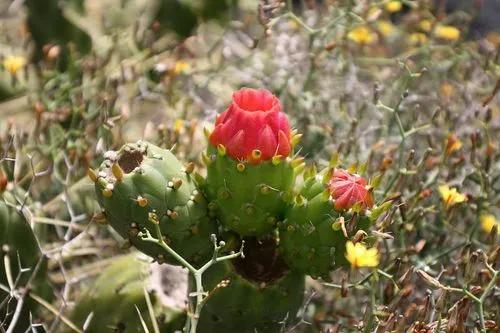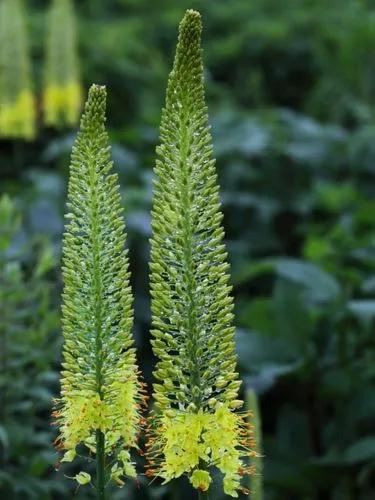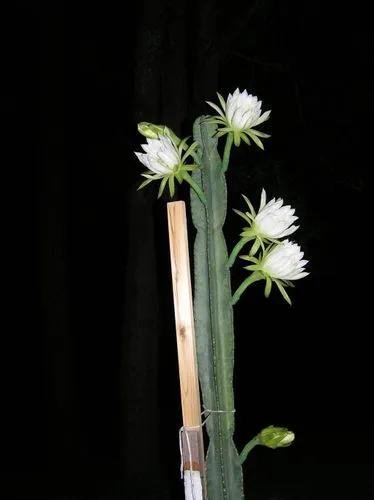The Horse Crippler Cactus is a small perennial evergreen cactus native to Mexico and the United States and belongs to the Cactoideae family. Interestingly, the cactus most often grows alone in its natural environment, but in some cases, it can be seen in a group. The horse Crippler Cactus is quite resistant to drought and cold, which is why it has become popular in many countries.
Horse crippler cactus Care
Echinocactus texensis



Echinocactus texensis can be easily identified by its branching, thick spines, and round shape, which makes it quite inconspicuous. The cactus has from one to three stems of dark or light green color, which varies depending on the place of growth. The stem is deep in the soil and only grows above ground to 2 in (5 cm) tall and 12 in (30 cm ) wide.
The flowers look like small bells, have a pink color with a transition to bright red closer to the middle, and their base is yellow. Flowering begins in late spring or early summer under suitable conditions and sufficient sunlight.
How to Care for the Plant

Water

Once or twice a week, water the plant after the soil is slightly dry, but it is important not to overdry it, as it needs light moisture.

Pruning

Carefully remove dead branches and old flowers to encourage healthy growth and avoid disease.

Fertilizer

Once a month during the growing season, use a special liquid fertilizer, and when transplanting, use a slow-release fertilizer.

Sunlight

Horse Crippler Cactus needs a lot of sunlight, so you should place the plant on a well-lit window or balcony. On particularly hot days, provide light shade to avoid burns.

Soil

A well-drained soil for cacti or succulents that contains nutrients is best.

Propagation

Cut off a small healthy stem with a disinfected blade, then plant it in well-drained, slightly moist soil.

Temperature

The ideal temperature for the Horse Crippler is 68-95˚F (20-35°C).

Container

Use a container made of any material with sufficient drainage holes.

Fun fact

The plant got its name due to the fact that horses do not notice it and step on it quite often.

Popularity

326 people already have this plant 89 people have added this plant to their wishlists
Discover more plants with the list below
Popular articles






